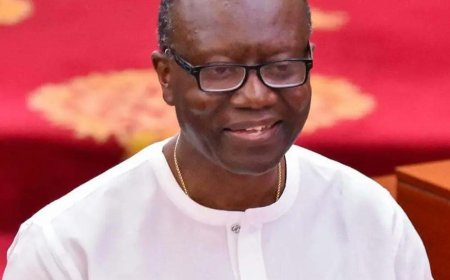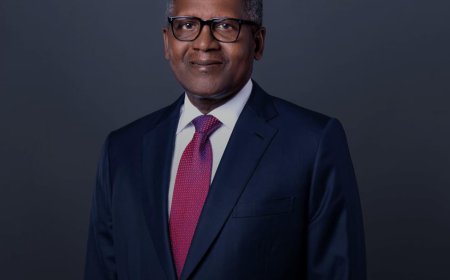General Musa Announces Surrender of 200,000 Former Terrorists in Northeast Nigeria

General Christopher Musa, Nigeria’s Chief of Defence Staff, has announced that approximately 200,000 former terrorists have surrendered to military troops in the North-East region. This significant achievement is attributed to the combined efforts of kinetic and non-kinetic operations executed by the Nigerian Armed Forces.
Speaking at the Security and Justice Symposium in Abuja, organized by the Office of the National Security Adviser (ONSA) in partnership with the British High Commission, General Musa emphasized the critical role of justice, equity, and accountability in addressing the nation’s security challenges. He noted that achieving sustainable peace requires tackling the underlying socio-economic grievances that contribute to unrest.
Musa highlighted the effectiveness of non-kinetic strategies, such as improved communication and community engagement, which have encouraged many former terrorists to abandon their violent activities. Despite this progress, he acknowledged ongoing challenges, including the persistent threat posed by improvised explosive devices (IEDs) and the logistical networks that support terrorist operations.
“We’ve realized that denying terrorists their logistics and financial oxygen significantly weakens them,” he stated, underlining the necessity for innovative and cooperative approaches to combat insurgency effectively.
The symposium gathered key stakeholders, including military representatives, law enforcement officials, human rights organizations, and civil society groups. Discussions centered on enhancing the collaboration between military operations and law enforcement, improving civilian protection, and ensuring accountability in counterterrorism initiatives.
National Security Adviser Mallam Nuhu Ribadu reinforced the symposium’s objectives of fostering collaboration, strengthening legal frameworks, and prioritizing civilian protection. British High Commissioner to Nigeria, Richard Montgomery, praised Nigeria’s integrated approach to civil-military collaboration and the emphasis on human rights in counterinsurgency efforts.
Montgomery also stressed the importance of aligning military strategies with international humanitarian law and human rights principles, noting that the lessons learned from Nigeria’s security architecture could serve as valuable insights on a global scale.

What's Your Reaction?





























































